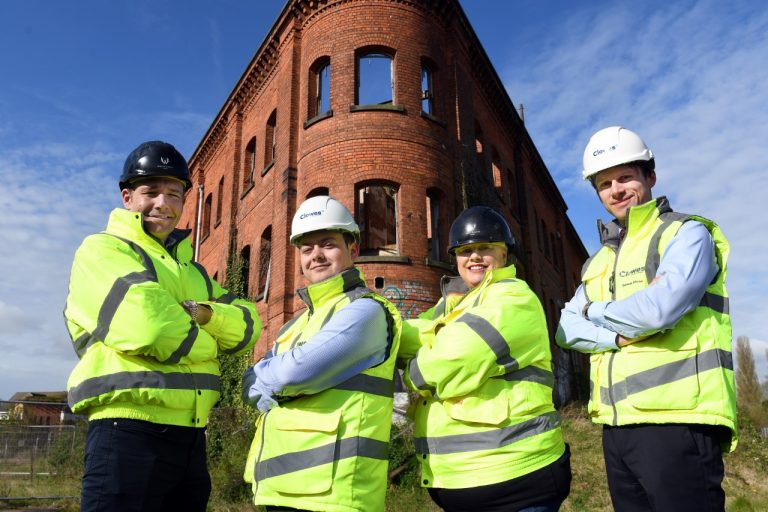Leicester-based WBR Group (WBR), the independent provider of SSAS services and tax experts, has appointed Tom Lodge to the position of tax director and Akshay Vaghela as tax manager.
Tom will have overall responsibility for the day-to-day management of the WBR Tax function, with 11 people reporting to him, making it one of the largest tax teams in Leicester and the Midlands. He will be a member of the Executive Board, headed by David Downie and will also report to the main board on all tax related matters.
Tom joined WBR Group in 2019 and has over 10 years’ experience in the tax sector. He started his career within Grant Thornton’s tax compliance unit where he qualified as a tax technician before transferring to their private client and entrepreneur advisory team in Birmingham where he qualified as a chartered tax adviser.
Tom has advised on a wide variety of tax planning opportunities. However, his main focus is corporate reconstructions and sales where he applies his technical understanding, and research skills, to identify creative solutions and tackle any tax risks.
Akshay joined WBR Group in 2021 as a senior associate with a particular specialisation in restructuring. He joined the firm from Wilson Wright where he was a tax supervisor.
Tom Moore, CEO, WBR Group, said: “We are delighted to appoint Tom to the newly created role of tax director and Akshay to the role of tax manager. Tom has been with the business for 4 years and has been an invaluable member of the team, with a strong appreciation for technical detail, taking a keen interest in case law and future developments of tax policy.
“With his deep understanding of the legislation and wider concepts he is able to advise on complex situations. His extensive experience and knowledge of the tax landscape will be invaluable as we continue to grow WBR Tax. The promotion of Tom and Akshay further strengthens our tax team and demonstrates our commitment to providing our clients and professional connections with the highest level of expertise and service.”
Tom Lodge said: “I am honoured and thrilled to take on the role of tax director at WBR Group. I look forward to leading our talented team and providing our clients with innovative and effective tax solutions. I am excited to be part of the executive board and to contribute to the continued success of WBR Group.”






 “Without being too political, the past weeks have brought further attention to the impact that we as individuals and companies can have on our planet. Change is in the air and that is being welcomed and embraced by employer and employee alike and will play an increasing role in purchasing, hiring and procurement decisions. CSR is not (or certainly should not be) a box-ticking exercise, it is part of being a responsible organisation and I look forward to learning more from our finalists.”
The awards, which will take place on Thursday 28 September at the Trent Bridge Cricket Ground, celebrate the outstanding work of those shaping the landscape of our region, recognising development projects and people in commercial and public building across the East Midlands – from offices, industrial and residential, through to community projects such as leisure schemes and schools.
Nominations are now OPEN for East Midlands Business Link’s annual Bricks Awards.
To nominate your (or another) business/development for one of our awards, please click on a category link below or
“Without being too political, the past weeks have brought further attention to the impact that we as individuals and companies can have on our planet. Change is in the air and that is being welcomed and embraced by employer and employee alike and will play an increasing role in purchasing, hiring and procurement decisions. CSR is not (or certainly should not be) a box-ticking exercise, it is part of being a responsible organisation and I look forward to learning more from our finalists.”
The awards, which will take place on Thursday 28 September at the Trent Bridge Cricket Ground, celebrate the outstanding work of those shaping the landscape of our region, recognising development projects and people in commercial and public building across the East Midlands – from offices, industrial and residential, through to community projects such as leisure schemes and schools.
Nominations are now OPEN for East Midlands Business Link’s annual Bricks Awards.
To nominate your (or another) business/development for one of our awards, please click on a category link below or 









 To be held at:
To be held at:







